Restrictions apply when moving pigs within the Highlands region. You must have a NAQIA permit. Learn more
Restrictions apply when moving pigs within the Highlands region. You must have a NAQIA permit. Learn more
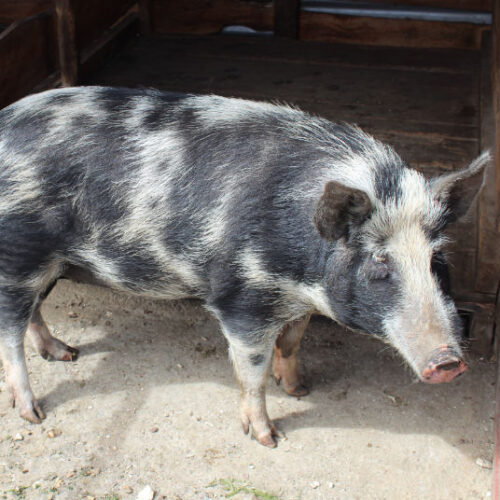
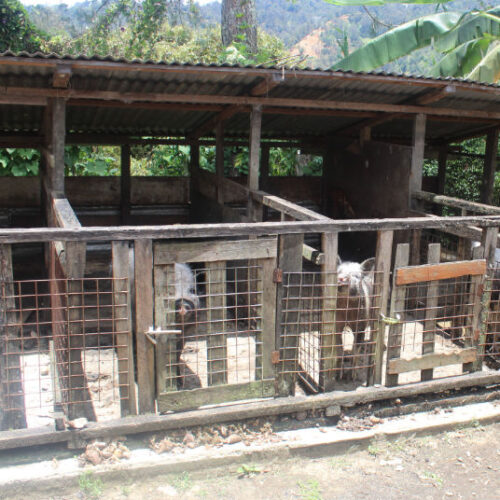
From free-ranging to fencing in and penning your pigs:
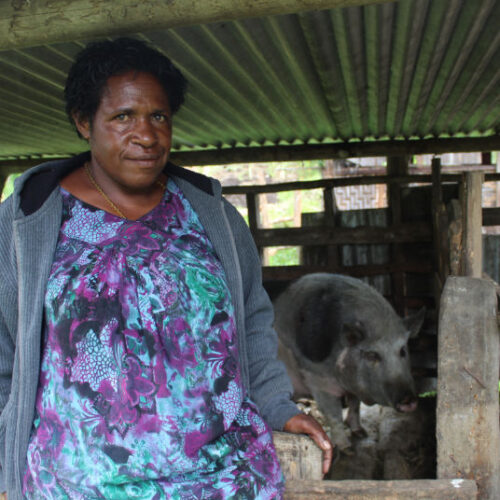
Keep pigs and pig pens clean:
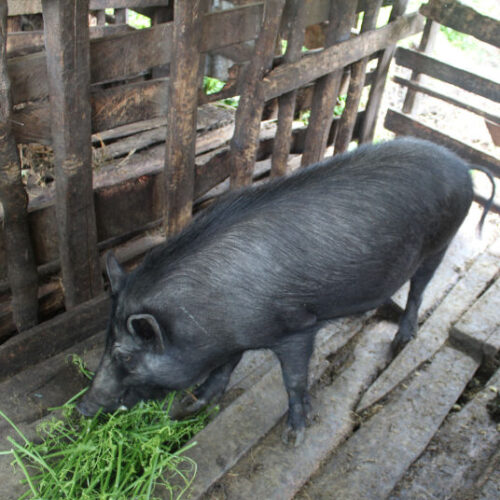
Know what you are feeding your pigs:

Apply basic quarantine procedures with new pigs:
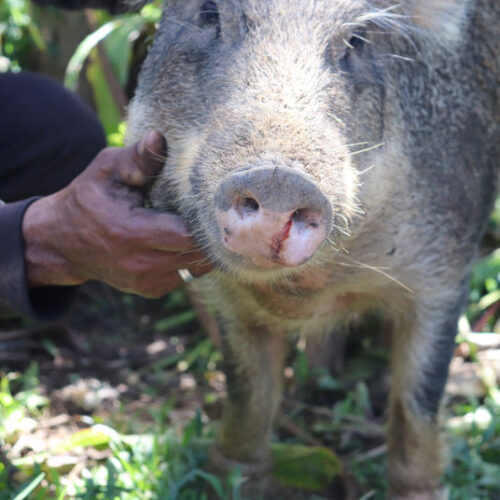
If pigs are infected with ASF, the sick pigs can spread the ASF virus:
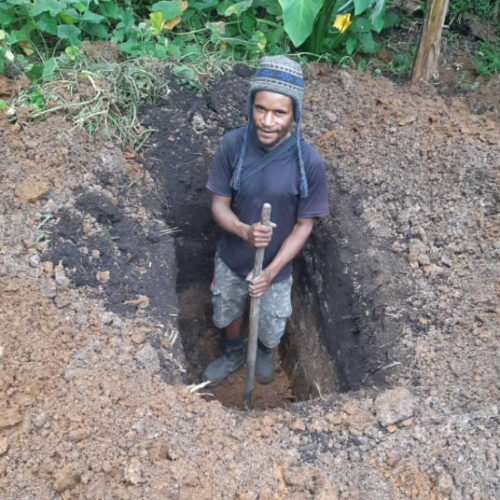
If pigs die from ASF, the dead pig carcasses can spread the ASF virus:

To report sick or dead pigs
or for more information
© National Agriculture Quarantine and Inspection Authority 2026